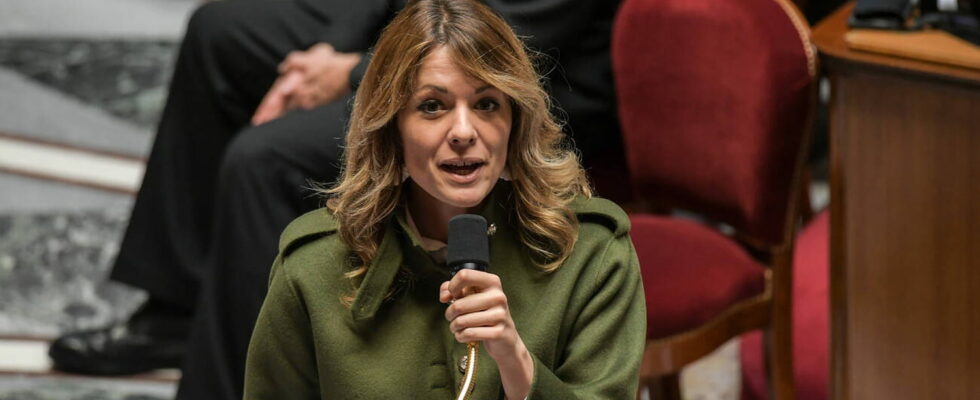The government spokesperson announced that a “new immigration law” would be presented to the Assembly at the beginning of 2025. The left considers that this is a rapprochement with the national rally.
Less than a year after the immigration law passed by Gérald Darmanin, then Minister of the Interior, a “new immigration law” should soon see the light of day, according to Maud Bregeon, the government spokesperson. During an interview given to BFMTVshe assures that it is necessary to “adapt a certain number of provisions” in the field of immigration and that this law will be presented to parliamentarians at the beginning of 2025.
It must be said that immigration is a subject that was brought back to the forefront after the death of Philippine, whose alleged murderer is targeted by an OQTF. In addition, this remains in the political line of the Minister of the Interior, Bruno Retailleau, known for his firm positions on the subject of immigration. In the “new law” announced by Maud Bregeon, we find the possibility of extending the detention of illegal aliens in administrative detention centers to increase the maximum duration from 90 to 210 days. The government spokesperson also speaks of the possibility of regularizing certain undocumented workers in professions lacking labor. Maud Bregeon also assures that the Minister of the Interior wishes to tighten up the Valls circular of 2012. This gives prefects the possibility of regularizing 30,000 immigrants per year.
Measures similar to the Darmanin law
The last immigration law was promulgated on January 26, 2024. After vigorous discussions in Parliament, certain articles of the Darmanin law were censored by the Constitutional Council, such as measures aimed at toughening family reunification. However, certain articles of the new immigration law will be similar to those which the Constitutional Council did not want. As a reminder, this means that the articles in question are not applicable in accordance with the Constitution. However, Maud Bregeon is confident: “The Constitutional Council censored these provisions for formal reasons and not for substantive reasons […]. We’re not denying ourselves anything.”
This previous law had caused an outcry, including among Macronist deputies, of whom 20 had voted against and 17 had abstained. We remember the former Minister of Health, Aurélien Rousseau, who resigned from the government as soon as the law was adopted.
Following this announcement, the left reacted strongly. “We have a government with Bruno Retailleau which is proposing an immigration law as a guarantee to the far right at the beginning of next year,” assures Olivier Faure, first secretary of the PS in franceinfo. This type of criticism of rapprochement with the RN was expected by the spokesperson, who assured that the government was not going to “seek the support of the National Rally”. However, Marine Le Pen was very clear in making the absence of a new immigration law a “red line” which could trigger government censorship.
